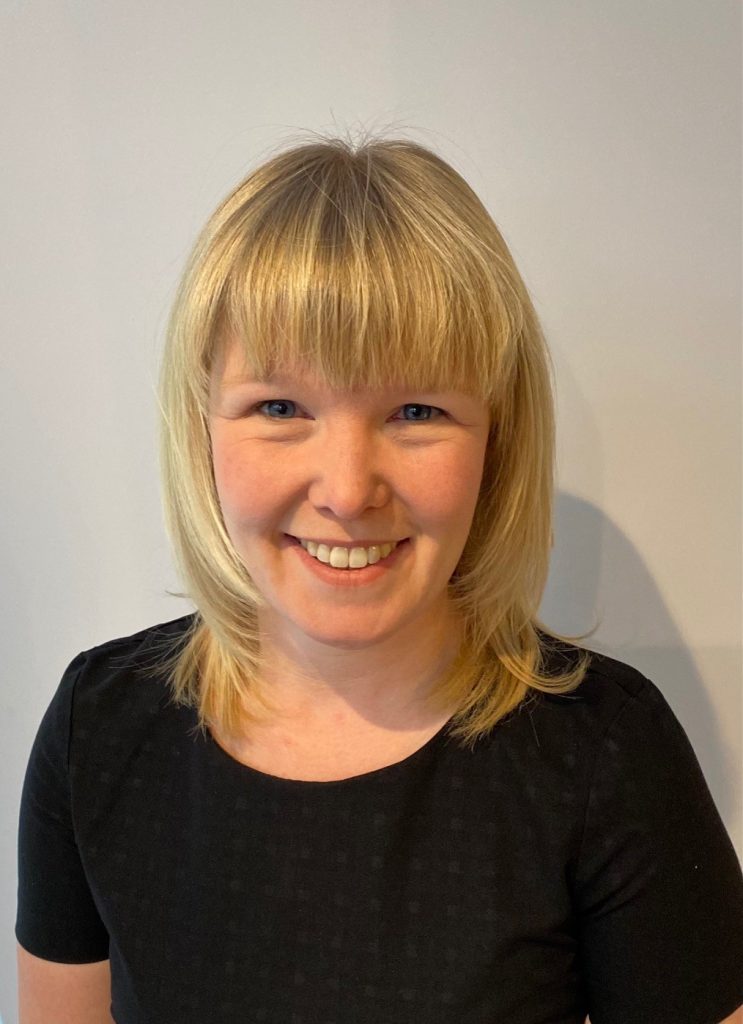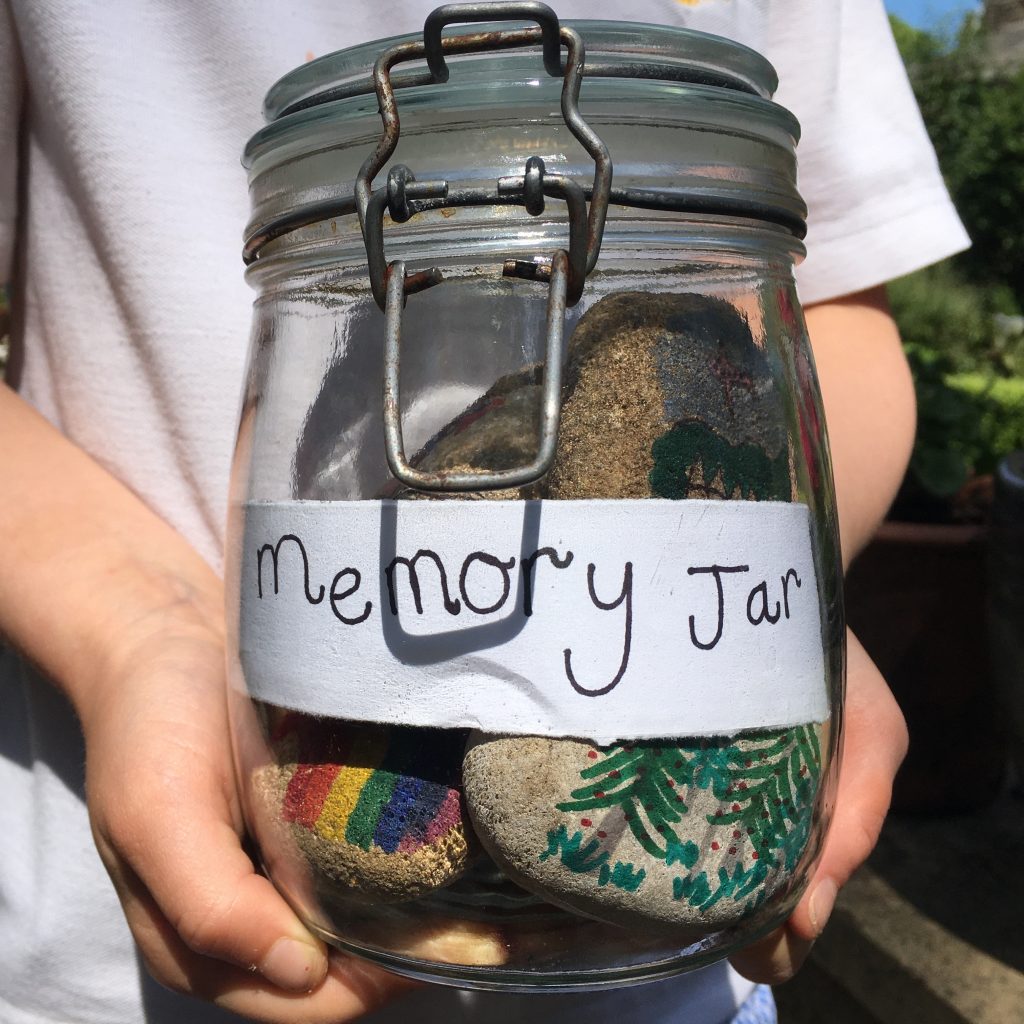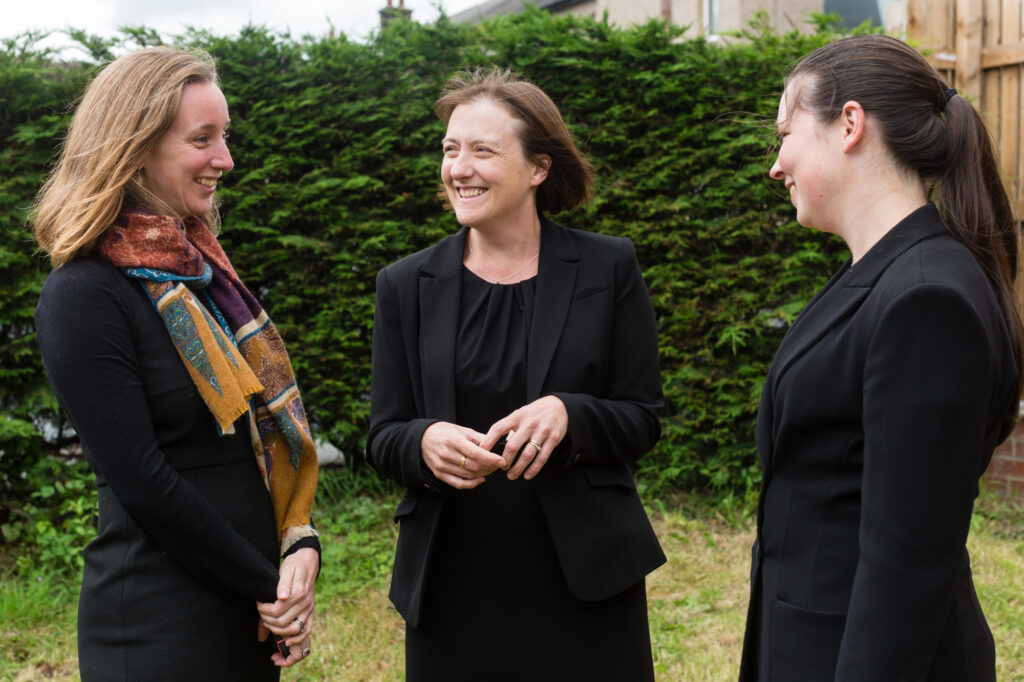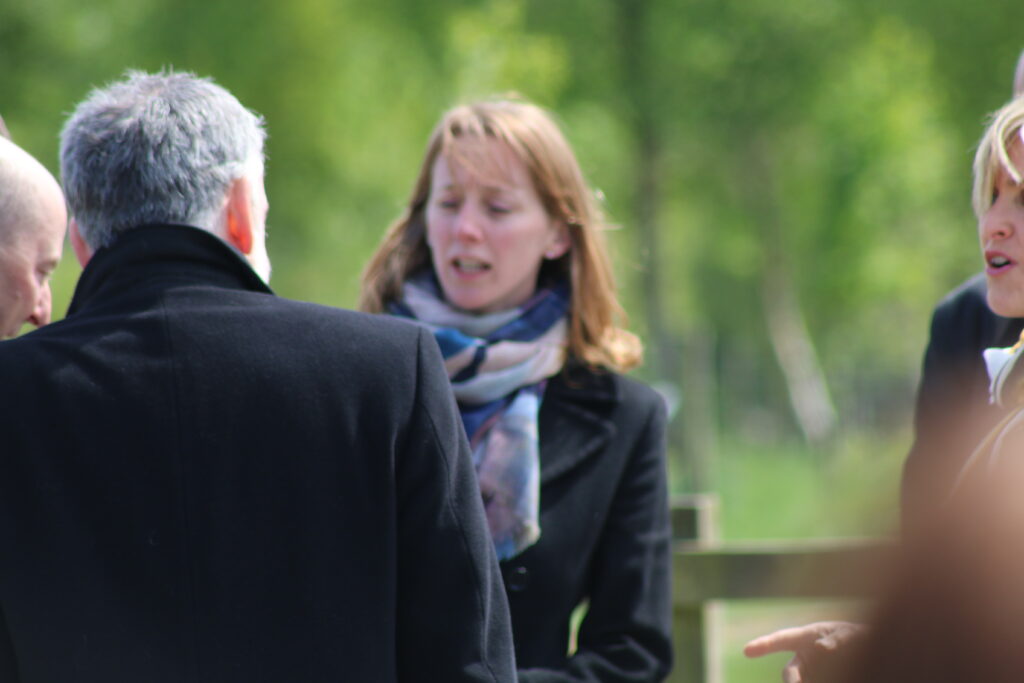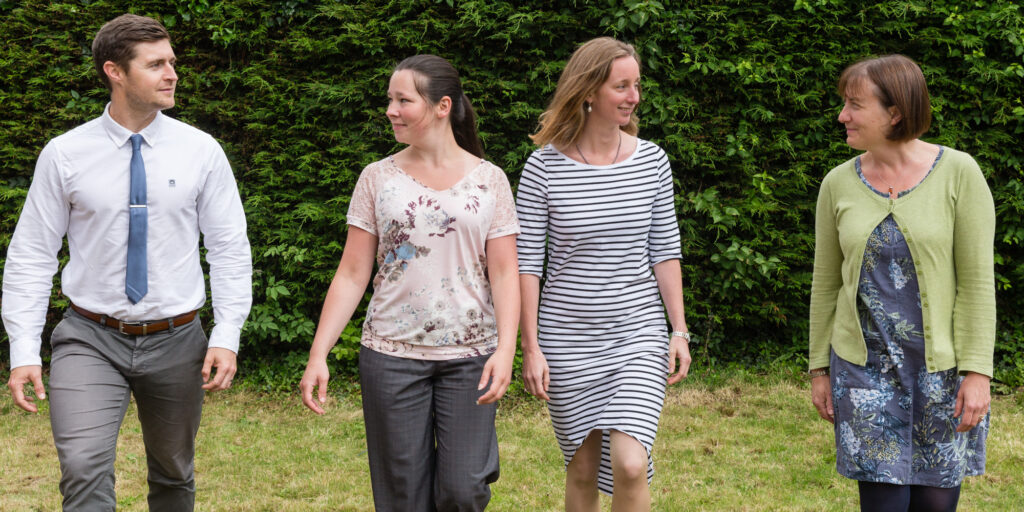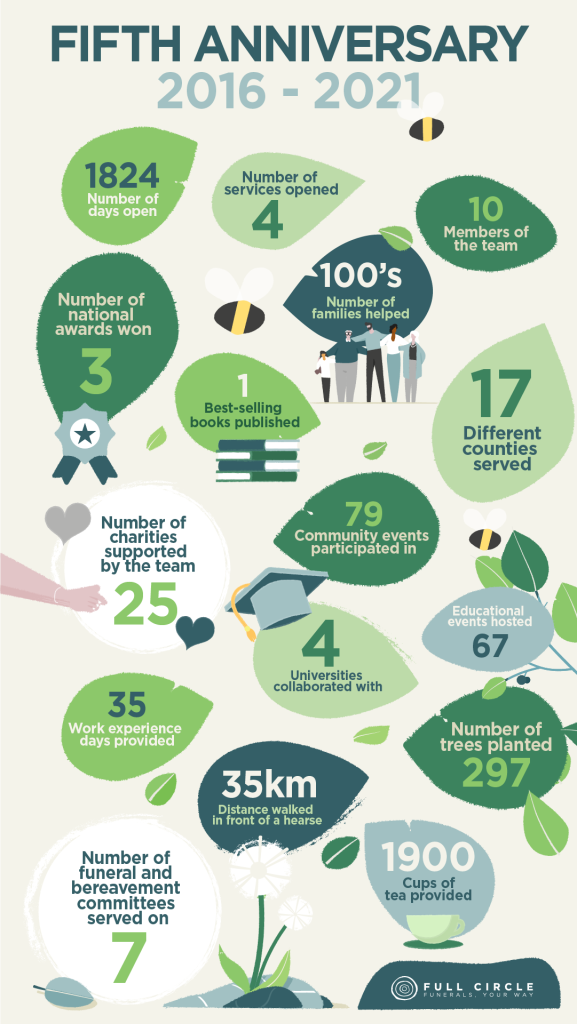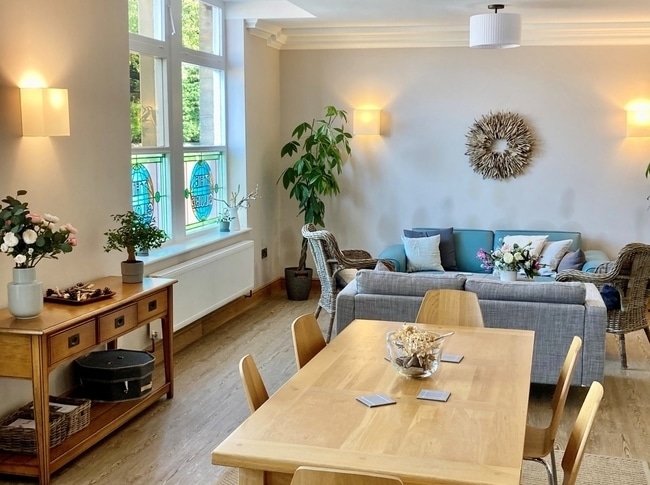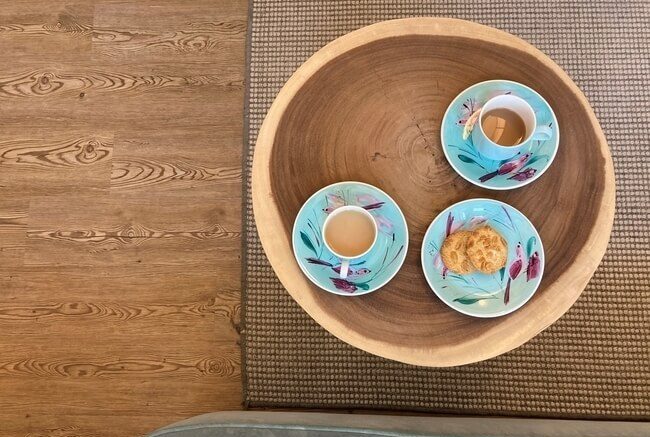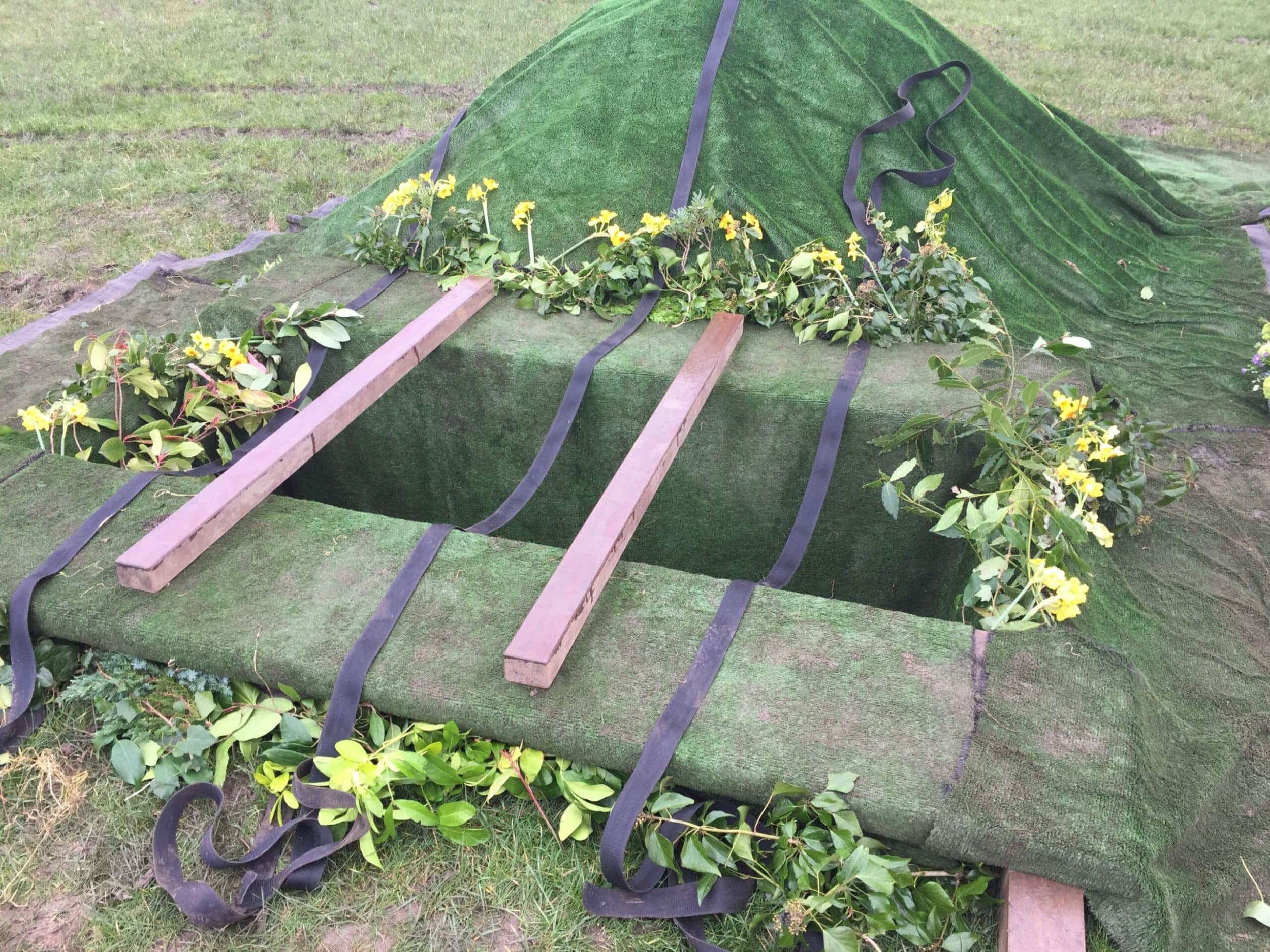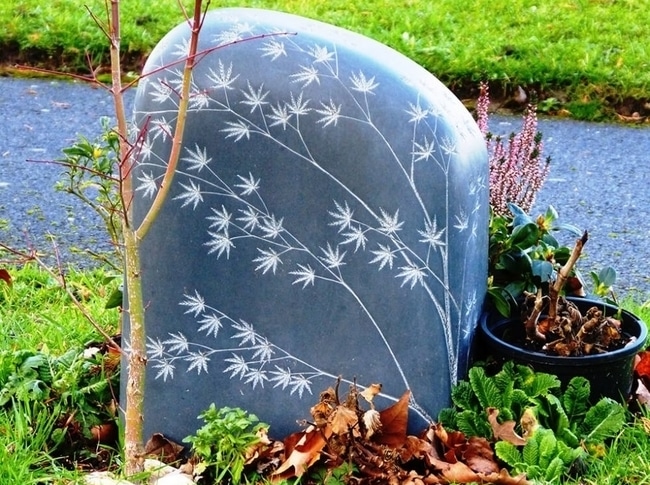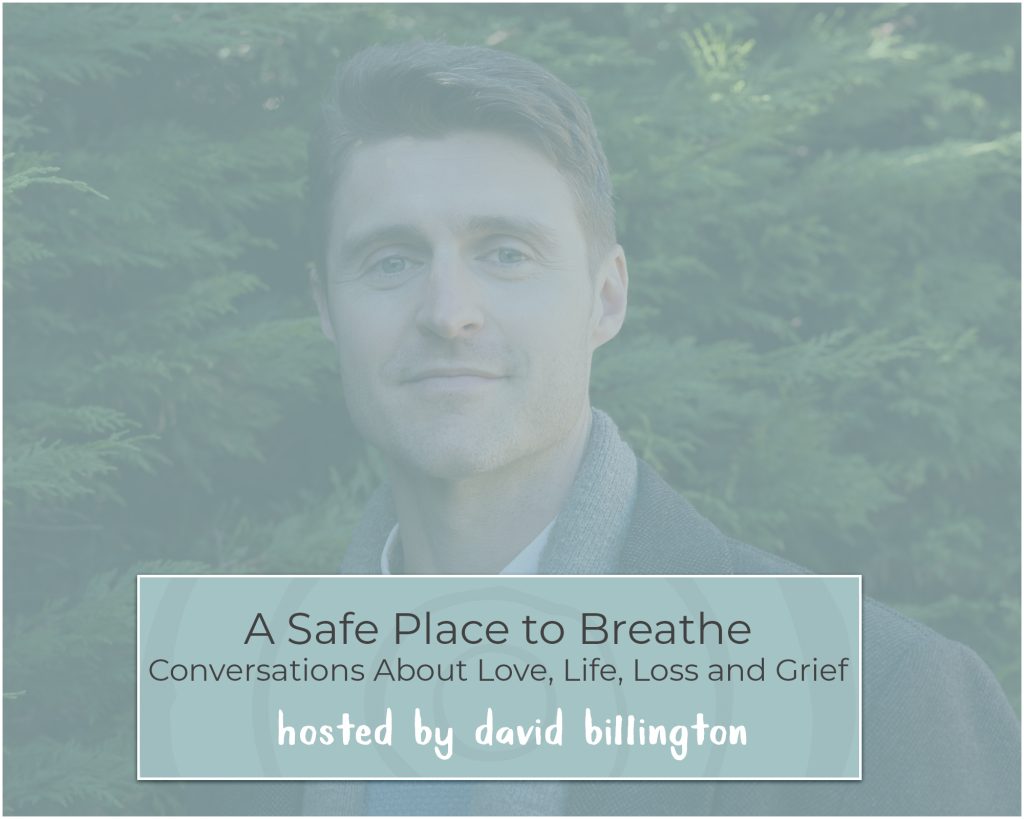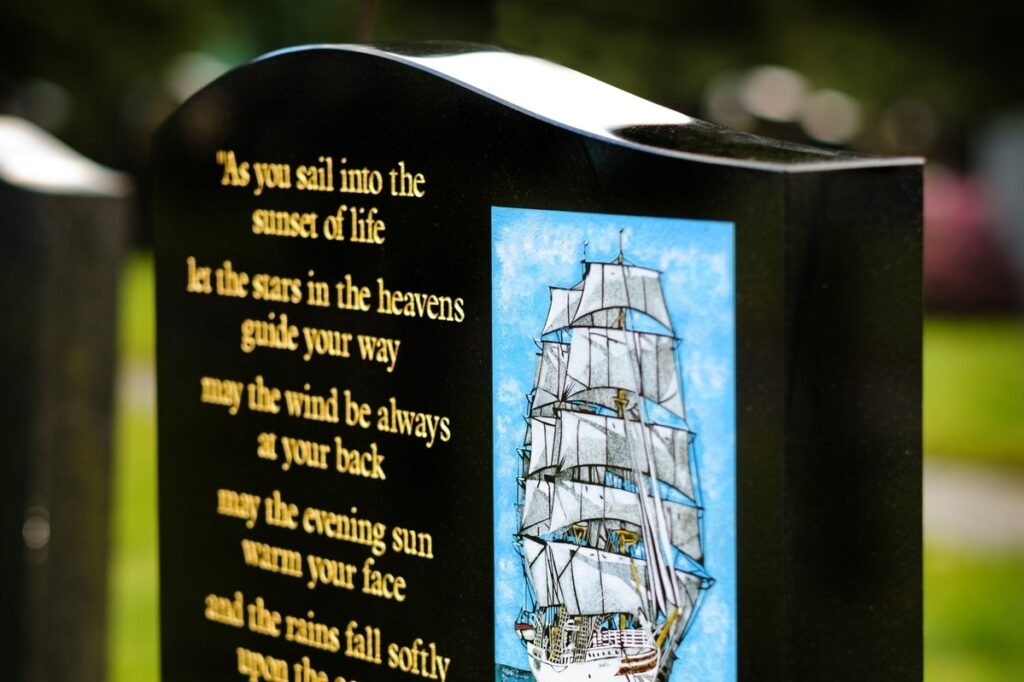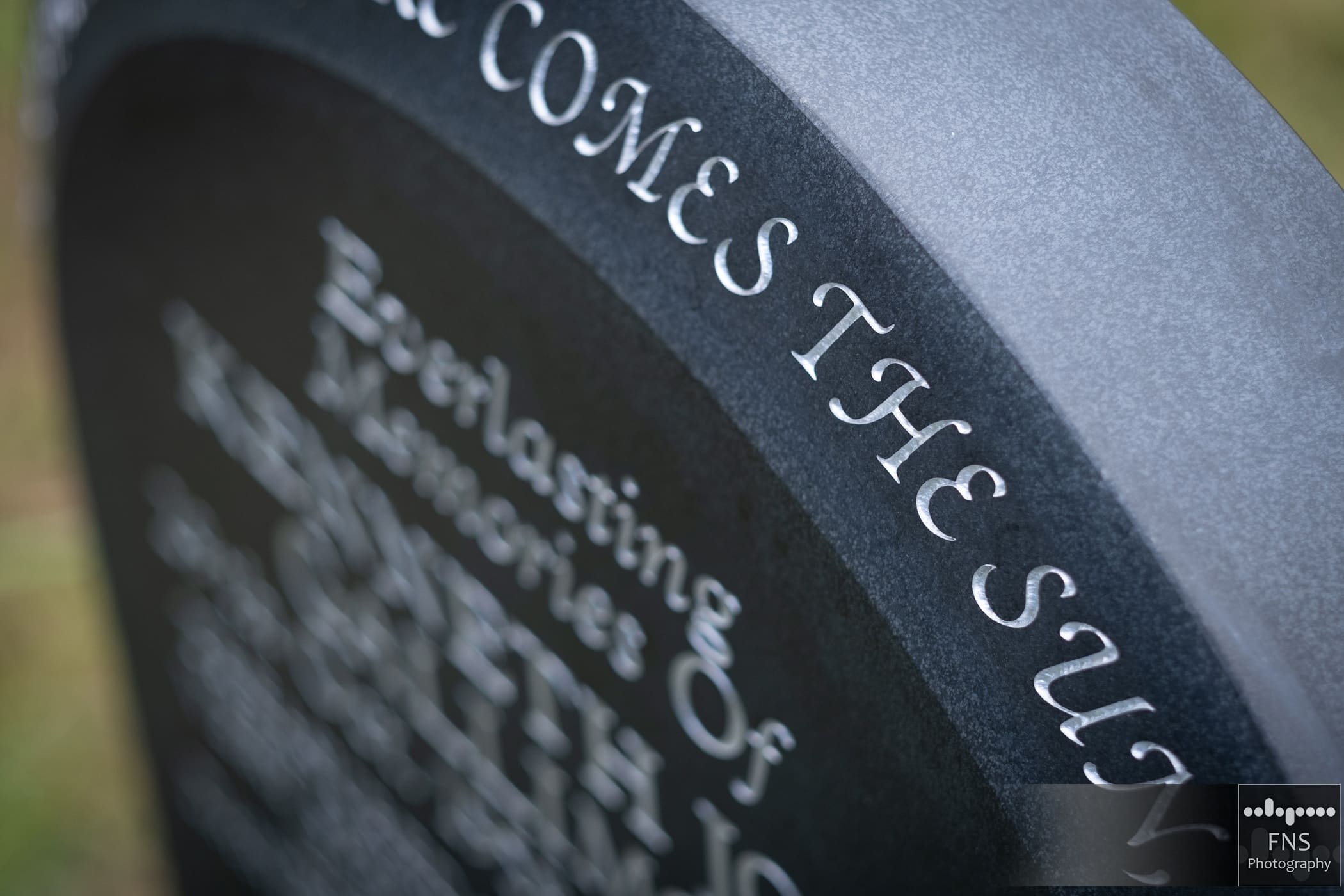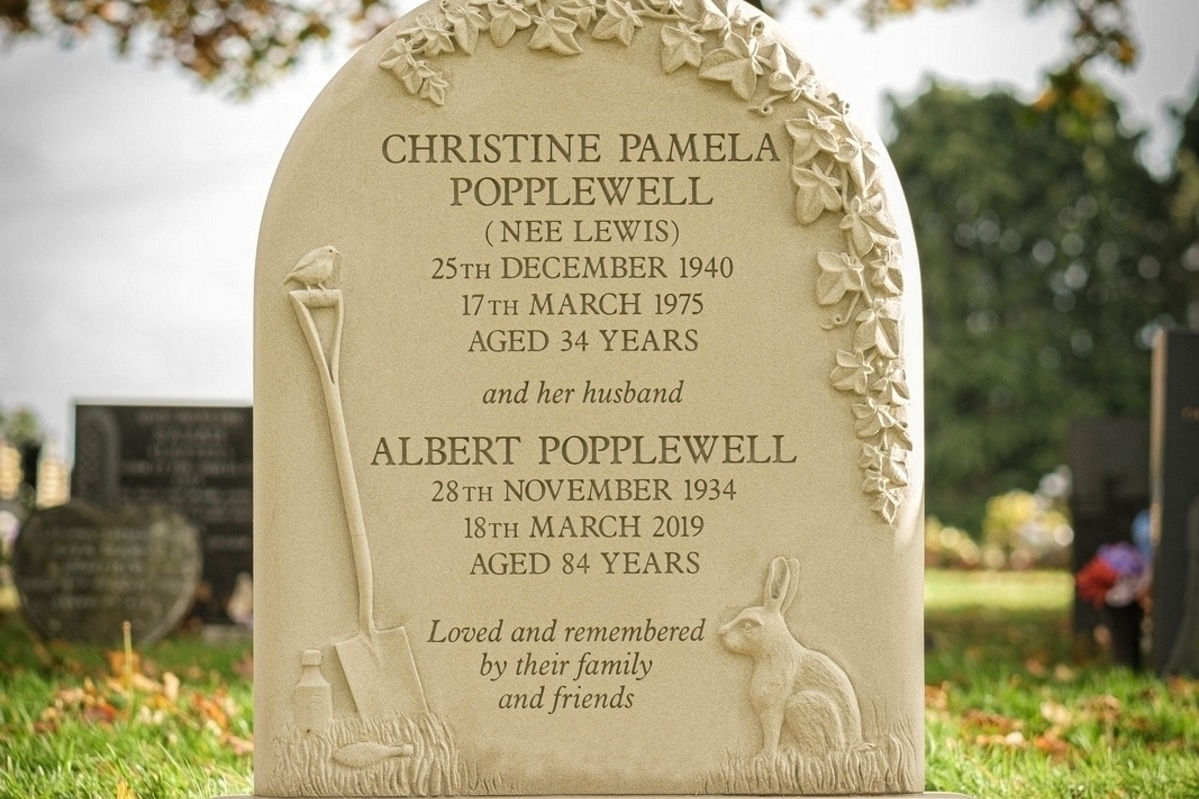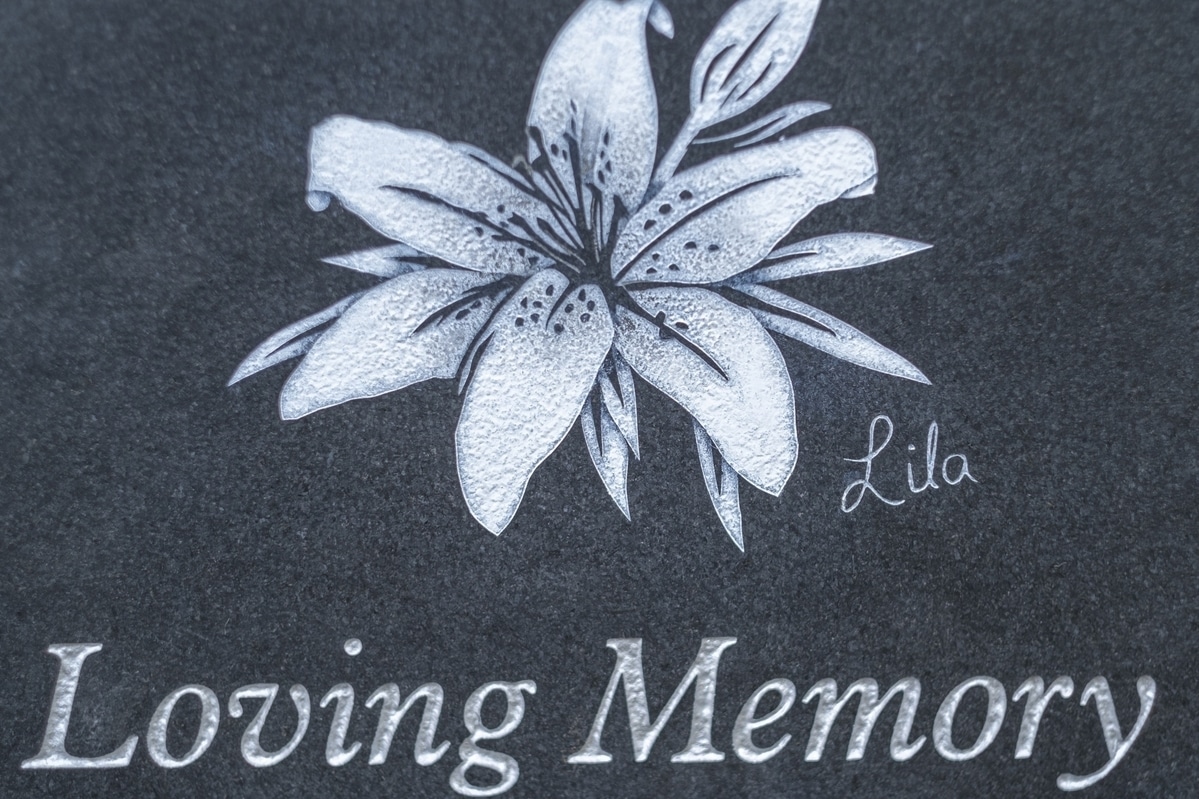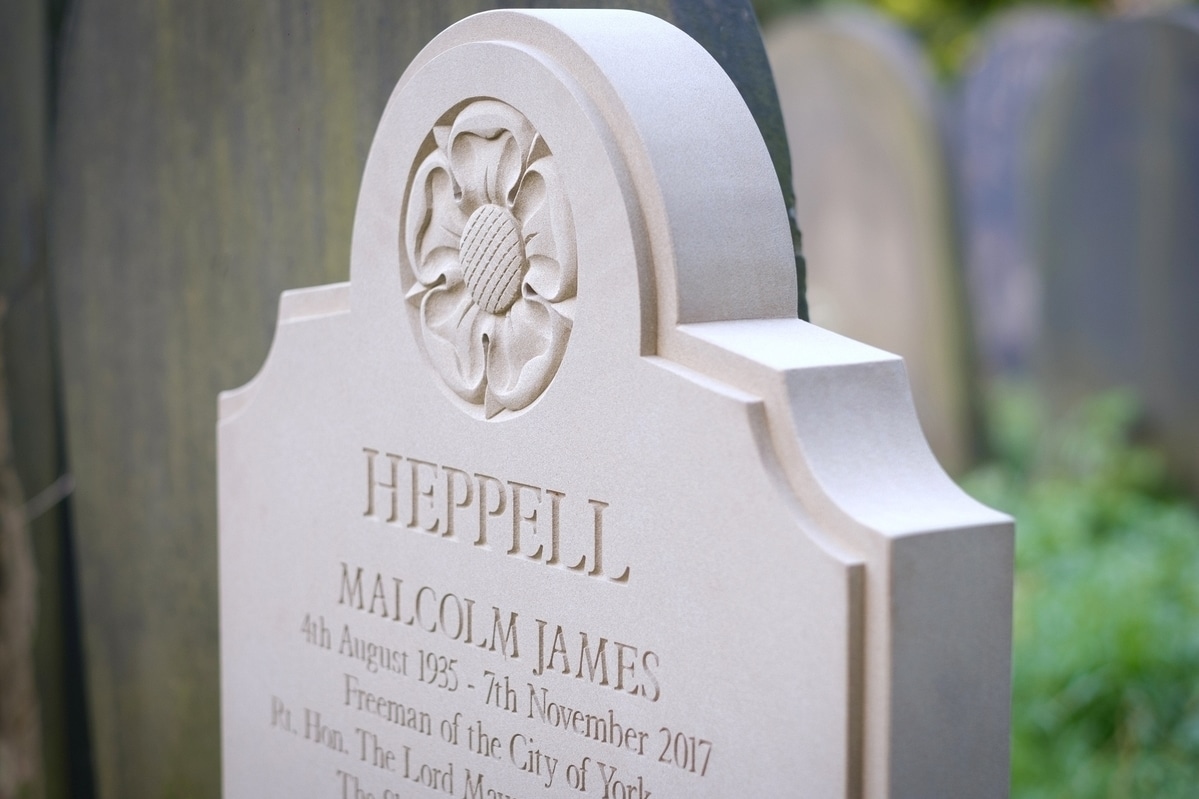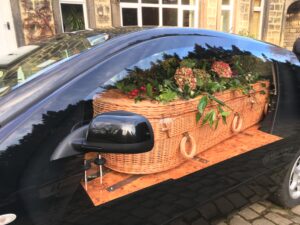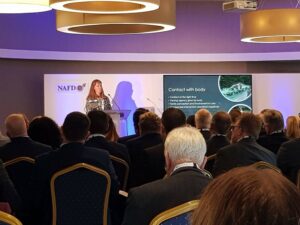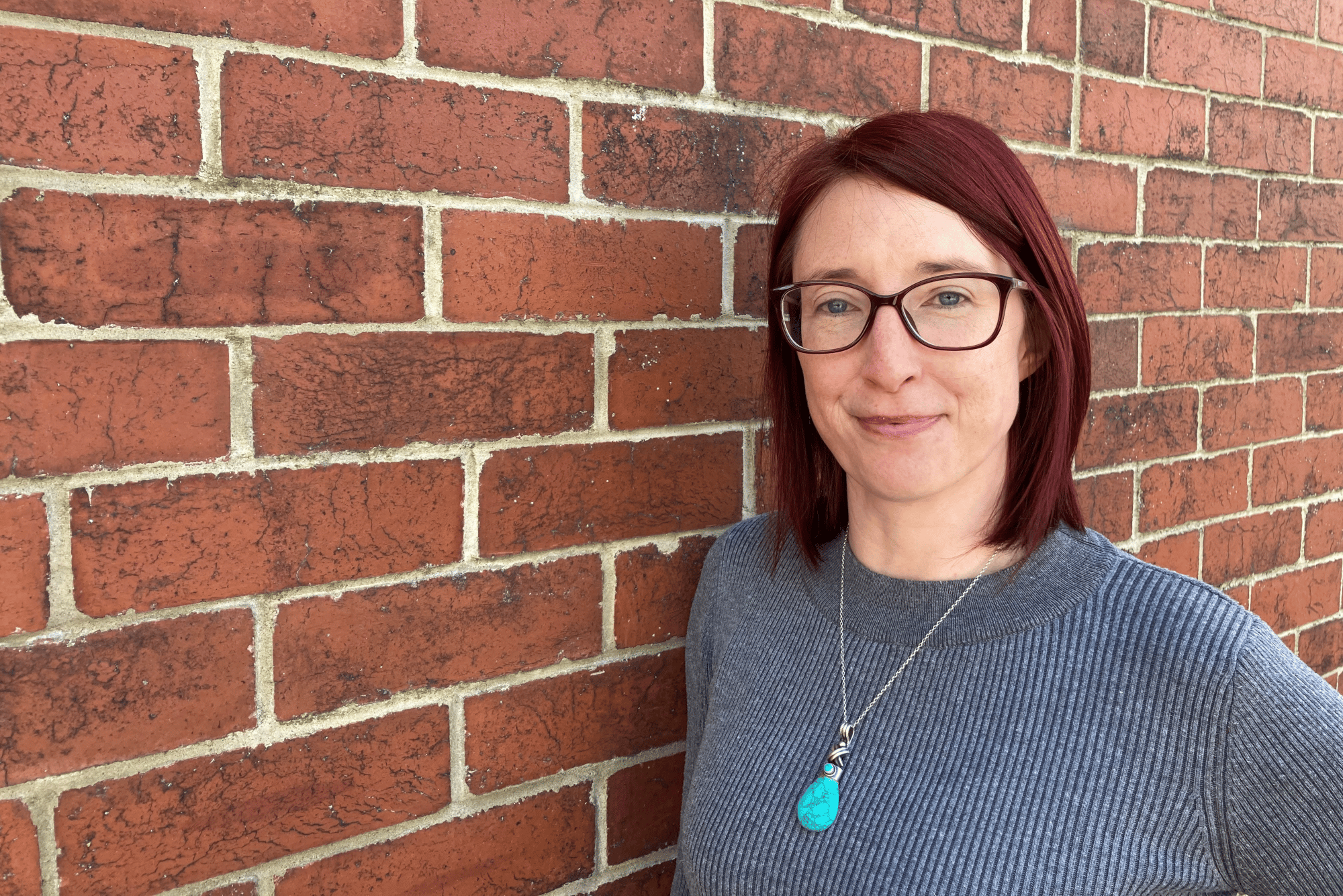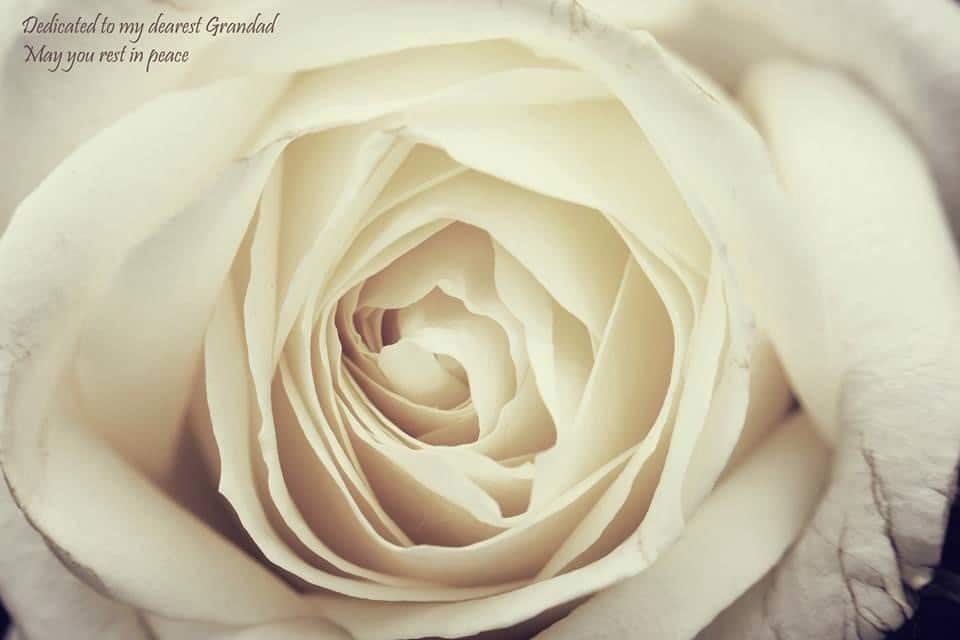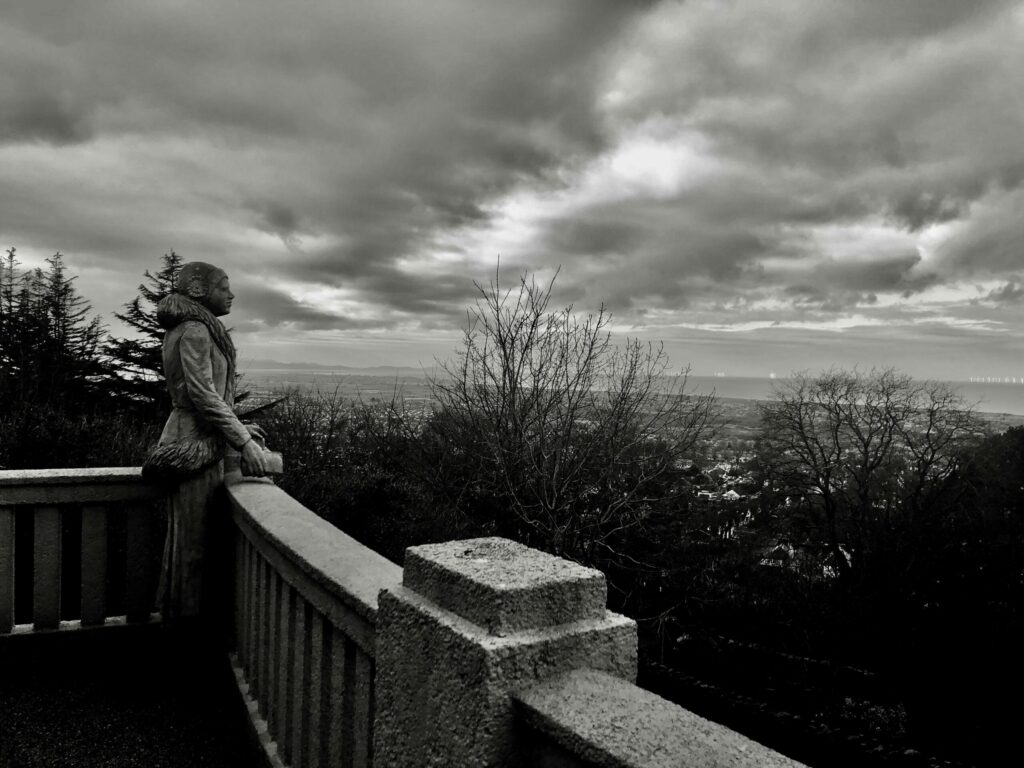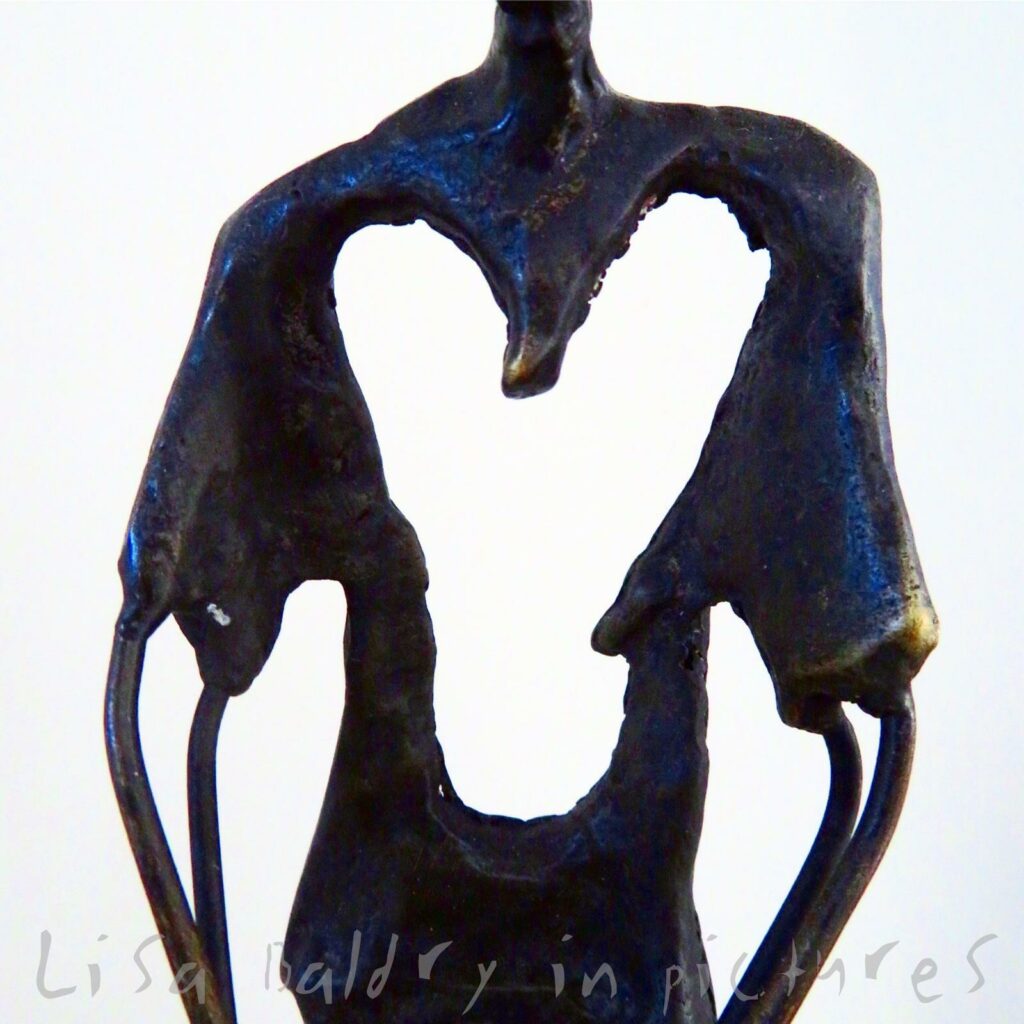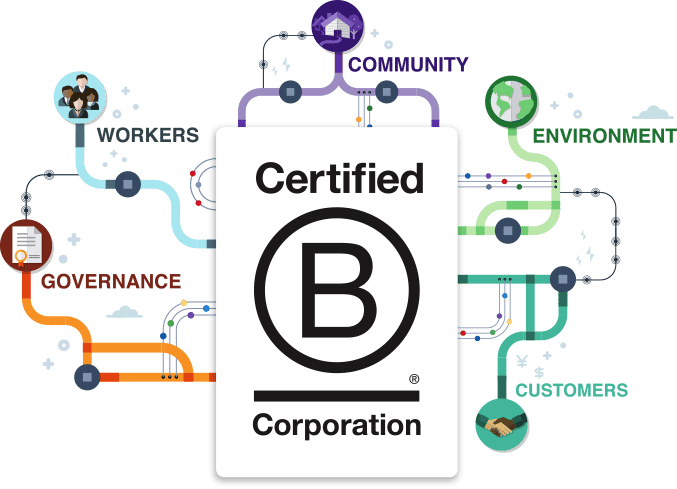
We are thrilled to announce that we have become the first UK funeral director to gain B Corp certification. The accreditation officially recognises us for our positive environmental and social impact and we join big names in the B Corp movement including Finisterre, Patagonia, Bol, Dash Water and The Body Shop – as well as many smaller companies too.
All B Corps have one thing in common – we put huge significance on meeting the highest possible standards of social, community and environmental impact.
What is a B Corp?
The concept of B Corps was launched in the United States in 2006 and there are now over 3,500 certified B Corps across 74 countries. There are more than 400 in the UK.
B Corp is short for ‘benefit corporation’ because businesses with B Corp status seek to be a force for good and use their role as a business to solve social and environmental challenges.
How do you become a B Corp?
B Corp accredited businesses have met very high social and environmental standards and have proven themselves to demonstrate both transparency and legal accountability.
Far from being a tick box exercise, B Corps need to demonstrate that they are taking meaningful action to make a difference. The process is not straightforward and isn’t for the faint-hearted. It will force you to look at every area of your business in detail.
The assessment process looks at five areas: workers, customers, environment, community and governance. Preparation took us many months as we looked at all our processes and really focused on how we do what we do, why we do it and what influence we have on others – whether those people are in our business, work alongside us in our industry and community or come to us for help to arrange a funeral and for ongoing bereavement support.
Once we had prepared everything and had made absolutely sure that we could confidently invite scrutiny from the B Corp assessors, we underwent independent evaluation which included interviews and submissions of evidence.
Yes, we are a B Corp now but this is an ongoing process and we will need to recertify in there years’ time. For that reason, we will continue to monitor ourselves, talk about how we can improve and look for opportunities to be a force for good.


What it means to us
Becoming a B Corp is a huge achievement for a business of our size and shows just how hard we are working to ensure we have a positive impact on the people we support, the community, our team and the world in which we live and work.
We are particularly proud to be the first UK funeral business to become accredited and this has only been possible thanks to the enthusiasm and sheer inspiration of our lovely team.
The accreditation process is rigorous and has seen us being assessed on a whole range of measures such as how we create benefit for our employees and the communities where we work, how we respect the environment and our positive impact on the bereaved people we support.”
What it means to our clients
People generally are becoming much more aware of the ethics of the businesses they choose to use or visit. As a funeral director, we are looking after people at a very sensitive time in their lives and the personal nature of what we do means that those who are bereaved often want to be supported by people who share their values.
As an accredited B Corp, people know that the way we interact with them and the wider world matters to us. It matters so much to us that we have taken great lengths to challenge ourselves to be the best we possible can be.
We go out of our way to listen and to offer individualised support. If the environment is important to the person who died or those arranging the funeral, we have lots of ideas and low carbon options for green funerals. Whatever their priorities are, we go out of our way to help.
What next?
Becoming a B Corp has been a fascinating and exciting journey which has taught us so much about ourselves, our impact on others and our potential to become a force for good. We are constantly learning and will continue to review how we work, follow best practice and talk about what we can do better.
We are hugely committed to sharing what we have learnt with others who are on a similar journey and would welcome other businesses to contact us to talk about what we did and how we made it through the certification process.”
To receive our newsletters and information about new blogs – please sign up here.



